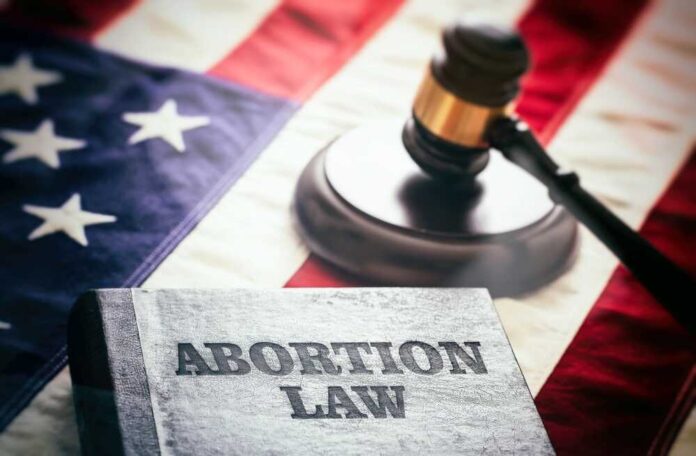
Despite many conservative states passing restrictive news laws on abortion, the procedure actually increased across the U.S. in 2023.
A study published this week by the Guttmacher Institute estimated that there were about 1.03 million abortions reported from the formal health care system last year. That’s the highest number of abortions measured in the country in more than 10 years.
This comes after the Supreme Court overturned the landmark Roe v. Wade decision in the summer of 2022, which removed individual protections for abortions. States have been allowed to pass their own abortion laws since then, with many conservative states putting in place greater restrictions than were on the books before.
However, the researchers found that the laws apparently did little to dissuade people from getting an abortion.
The numbers show that there were roughly 15.7 abortions per 1,000 women who are of reproductive age in 2023, which marks a 10% increase over 2020.
Last year was the first full calendar year without constitutional protections in place for a woman’s right to abortion.
Currently, there are 14 states that have passed laws that ban abortion in nearly every instance. Several other states have passed laws that restrict abortion based on how far a mother is along in her pregnancy term, according to the Guttmacher Institute.
In just about every state that doesn’t have a total abortion ban, there was an increase of about 25% in abortion procedures last year over 2020 numbers, according to the study.
Those states that had the largest increase were those that border other states with near total bans. In those states, abortions increased 37% last year compared to 2020.
Abortions by medication accounted for 63% of all abortions performed in the U.S. last year, according to the institute, which represents an increase of 10% from 2020.
Rachel Jones, the principal research scientist at Guttmacher, said that despite this increase, it doesn’t mean that medication abortion is the preferred method of patients. As she said in a press release:
“Improved access to medication abortion is a positive development, but it is not a panacea. As abortion restrictions proliferate post-Dobbs, medication abortion may be the most viable option — or the only option — for some people, even if they would have preferred in-person procedural care.
“Every person deserves access to abortion care on their terms and according to their needs and preferences — whether that care is via telemedicine, an in-person visit or outside the formal health care system.”
Abortion data from state and national databases were used by the institute in the study, and researchers noted the annual estimates are “almost certainly an undercount.” That’s because just abortions that are reported in the U.S. formal health care system are included in the analysis.
Other studies that have been conducted prior to this one have shown similar results in the wake of the Supreme Court overturning the Roe v. Wade decision.














